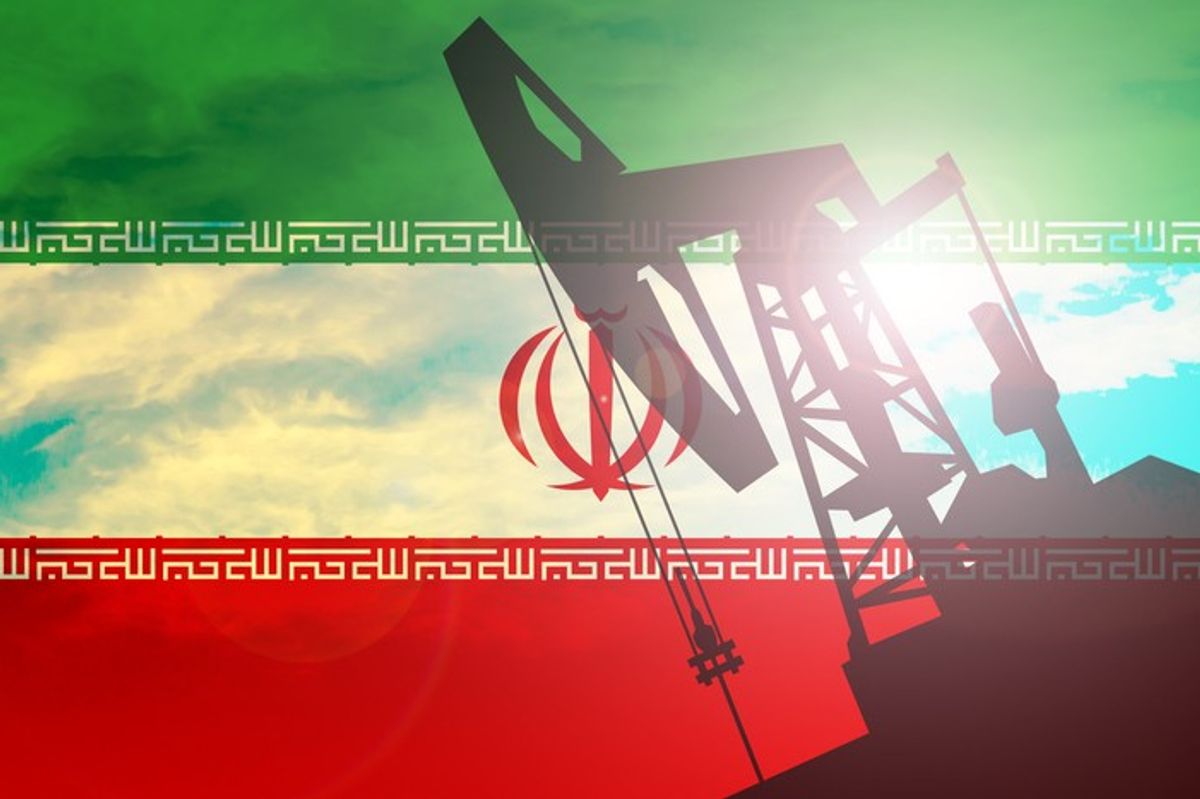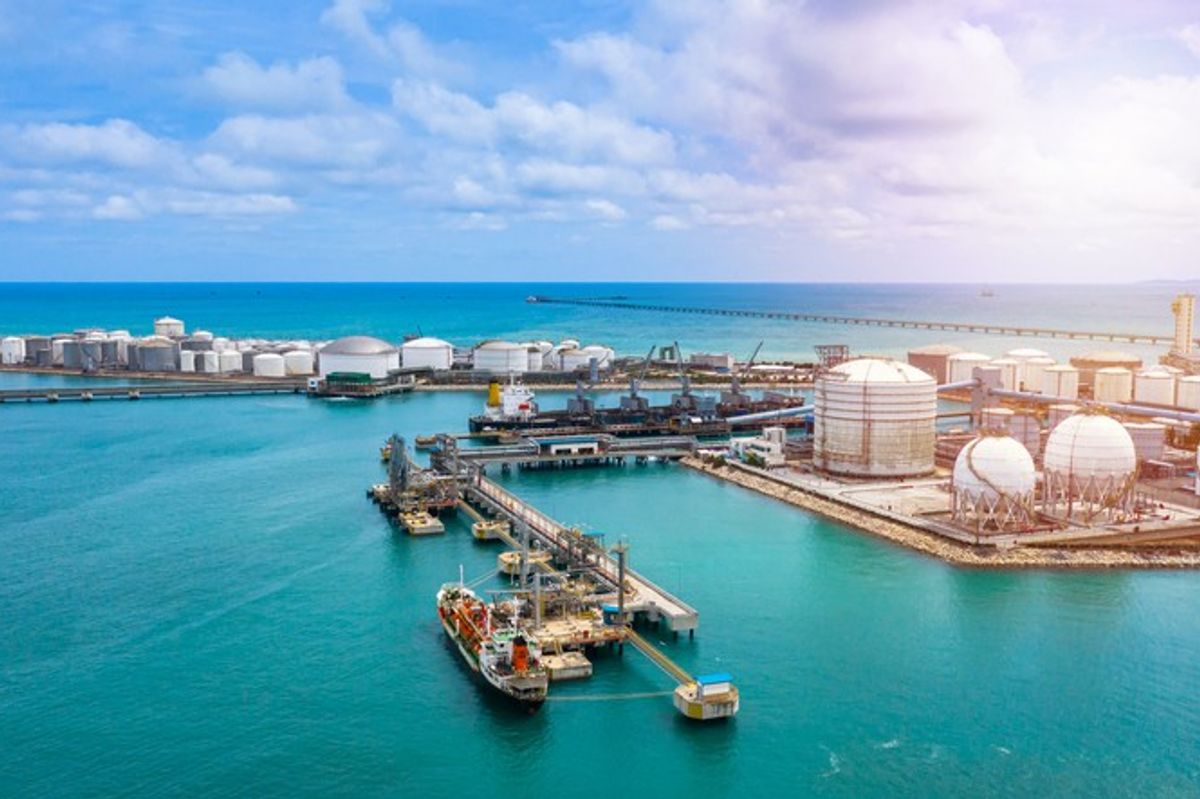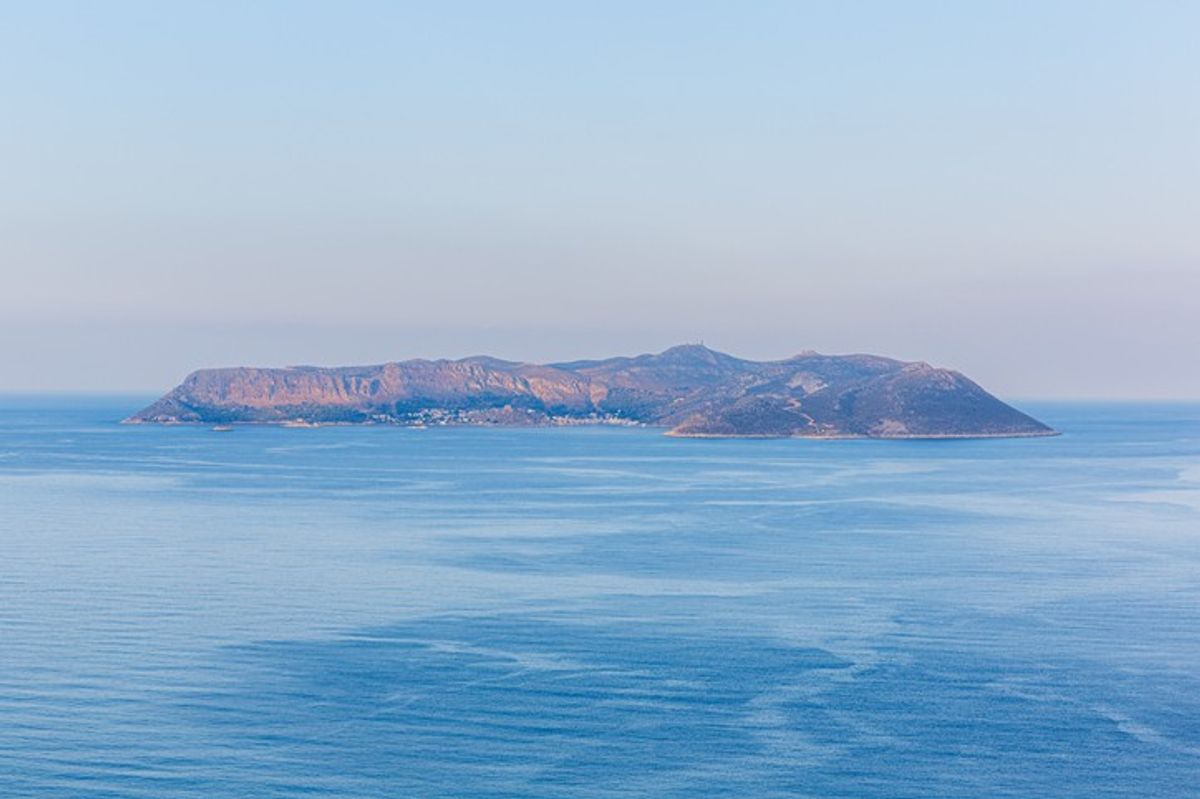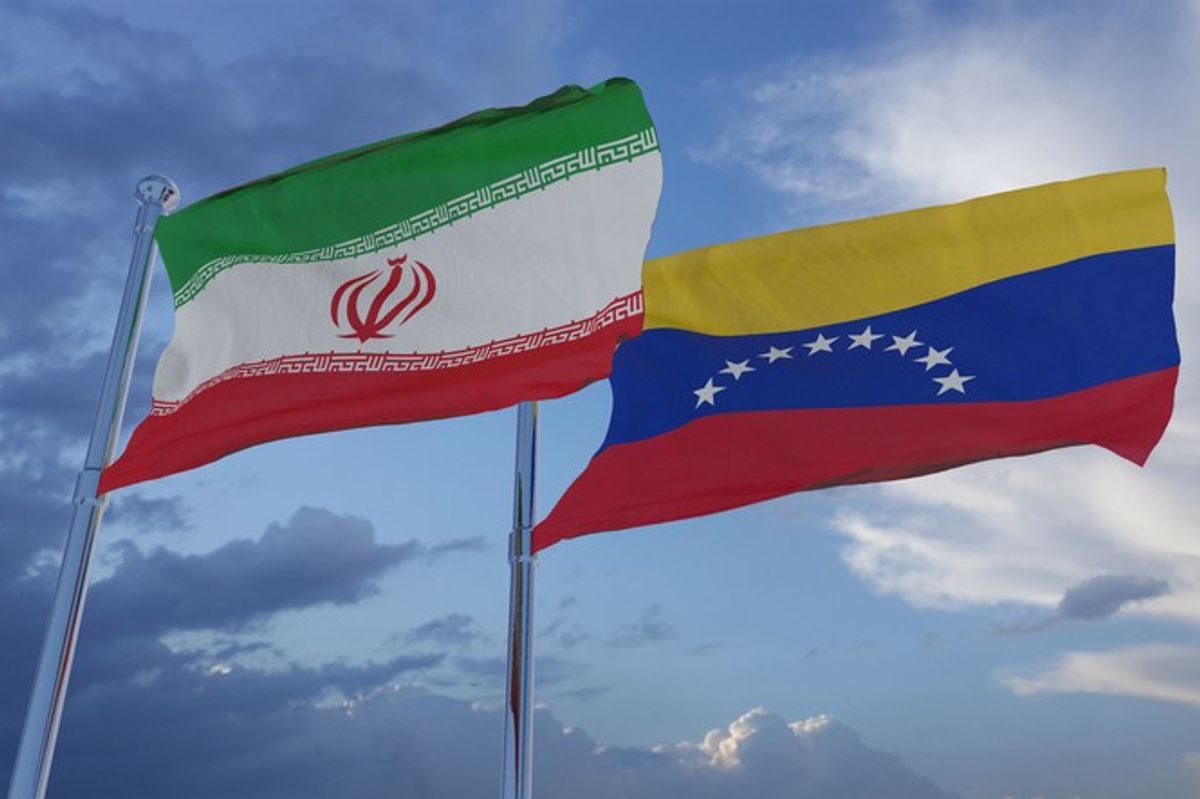Terrorism is spreading westward from the Middle East and East Africa to countries like Tunisia, Mali, Burkina Faso, and Cote d’Ivoire. In Libya, the Islamic State (also known as ISIS or ISIL) infiltrated the north and established a stronghold in the city Sirte. The U.S. is actively engaged in the campaign against ISIS and has an interest in stopping terrorism from moving further west. Still, it needs stable regional allies to aid in counterterrorism efforts. One of those allies is Algeria.
Algeria is not foreign to instability and terrorism. The “Black Decade” (the period between 1991 and 1999 in which Algeria was caught in a brutal civil war) saw extreme fighting between the Algerian government and various Islamic rebel groups. Yet in 1999, President Abdelaziz Bouteflika was elected and started an era of political and economic reform.
Cipher Brief expert and Algerian businessman Samy Boukaila explains, “President Bouteflika […] and his successive governments have shifted the Algerian economy from a full state-owned planned economy to a free market economy.”
Since coming to power, Bouteflika’s focus has been on opening markets, attracting foreign direct investment (FDI), and – since the fall in oil prices in 2014 – minimizing reliance on the oil sector. However, the last two aspects are lacking.
A 2009 budget law put a damper on FDI by creating the 49/51 rule, in which foreign partners are restricted to a 49 percent shareholding in domestic companies. Boukaila says this is partially because in the early 2000s (when the economy was liberalized), many foreign investors “repatriated billions of dollars of profits without providing a benefit to Algeria’s economy.” Then, the economic crisis hit in 2008, and the administration decided to overhaul its economic strategy with the new budget law.
In 2014, Algeria took a big hit when oil prices plummeted. Revenue from hydrocarbon exports (which make up 98 percent of Algerian exports) has fallen by more than 50 percent over the past two years. But Algerian Ambassador to the U.S. Madjid Bouguerra told The Cipher Brief Algeria’s accumulation of assets over the years and large supply of natural resources has “helped cushion the impact.”
Still, the Algerian economy is due for another overhaul that encourages FDI and private investment and diversifies the economy. These were the topics of the 19th tripartite meeting in Algiers on June 5. At the meeting between the government, the General Union of the Algerian Workers (UGTA), and employers, Algerian Prime Minister Abdelmalek Sellal announced the country’s foreign exchange reserves have dropped to $136.9 billion and said that even if oil prices rebound, that will not be sufficient to cover economic development.
That is why the administration is launching a new economic growth model for 2016 – 2019. Although not yet fully developed or implemented, the model will aim to diversify the economy, reform government spending to focus on growth and sustainable development, reform the tax system, and strengthen social justice.
A new investment law to incentivize investment in non-oil sectors has already been drafted and is expected to be implemented by this fall, after a vote in the House of Representatives. And the government continues to discuss revisions to the 49/51 rule.
Boukaila told The Cipher Brief he thinks that in the near future, U.S. companies and other foreign investors will be able to have 100 percent ownership over their operations in Algeria. On the other hand, the Algerian private sector is opposed to doing away with 49/51, says Ambassador Bouguerra. That is why the debate drags on. The law is expected to be discussed at a congressional session on June 13.
Despite current restrictions to FDI and an overreliance on oil exports, Algeria’s economy is remarkably strong and stable, compared to other economies in the region. This is where the intersection between economics and combating terrorism comes into play.
At an event in Washington last month, Algerian Senator Hafida Benchehida talked about her idea that conflict can be solved by peace, and peace comes about where there is economic stability. That is why Algeria is trying to export a stable business and economic model to its neighbors, said the senator.
Ambassador Bouguerra commented that people often get involved with organized crime and terrorism in order to make money. Bolstering economies in West and North Africa is a vital component to combatting violent extremism, he said, but this is one area in which the U.S. largely fails to provide assistance.
However, the U.S. and Algeria are partnering on counter-radicalization and military efforts. This month, the U.S. Department of State released its “Country Reports of Terrorism 2015,” which states, “Algeria remained an important counterterrorism partner.” The report goes on to note that although Algeria has not joined the formal coalition against the Islamic State, “Algeria actively supported the effort to counter ISIL in other ways, such as intelligence sharing, imam training, capacity-building programs with neighboring states, and participation in the White House Countering Violent Extremism Summit process.”
Algeria’s economic reforms since the 1990s and the current overhaul to promote FDI and diversification have given it both the resources and the stability to be able to act as a counterterrorism partner for its less stable neighbors. In addition to fighting violent extremism, Algeria can help stabilize the region by promoting economic reform in surrounding nations, where extremism is often fueled by lack of resources.
The U.S. and Algeria will continue to partner on counterterrorism efforts, but, as Ambassador Bouguerra noted, terrorist attacks will not cease until economies are improved.
Kaitlin Lavinder is an International Producer with The Cipher Brief.













